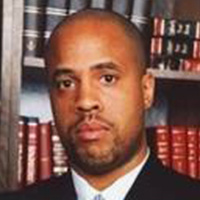Yarnell Juvenile Law Lawyer, Arizona
Sponsored Law Firm
-
 x
x

Click For More Info:
-
Kenneth S. Countryman, P.C.
1130 North 2nd Street P.O. BOX 11077 Phoenix, AZ 85004» view mapCriminal Defense Law A Law Firm You Can Trust
Let Kenneth S. Countryman, P.C. handle your criminal defense legal matters.
800-978-0861
Kathy Casteel Field
Juvenile Law, Criminal, State Government
Status: In Good Standing Licensed: 42 Years
J Mitchell Padilla
Juvenile Law, State Government, Family Law, Divorce & Family Law
Status: In Good Standing Licensed: 20 Years
Thomas K Kelly
Juvenile Law, Litigation, Criminal, Insurance
Status: In Good Standing Licensed: 48 Years
Valarie A Mcneice
Juvenile Law, Family Law, Divorce & Family Law, Criminal
Status: In Good Standing Licensed: 22 Years
Valarie A McNeice
Family Law, Divorce & Family Law, Juvenile Law, Criminal
Status: In Good Standing Licensed: 22 Years
Birthe S Goswick
Juvenile Law, Bankruptcy, Bankruptcy & Debt, Wrongful Death
Status: In Good Standing Licensed: 14 Years
 Kenneth Countryman Phoenix, AZ
Kenneth Countryman Phoenix, AZ Practice AreasExpertise
Practice AreasExpertise
